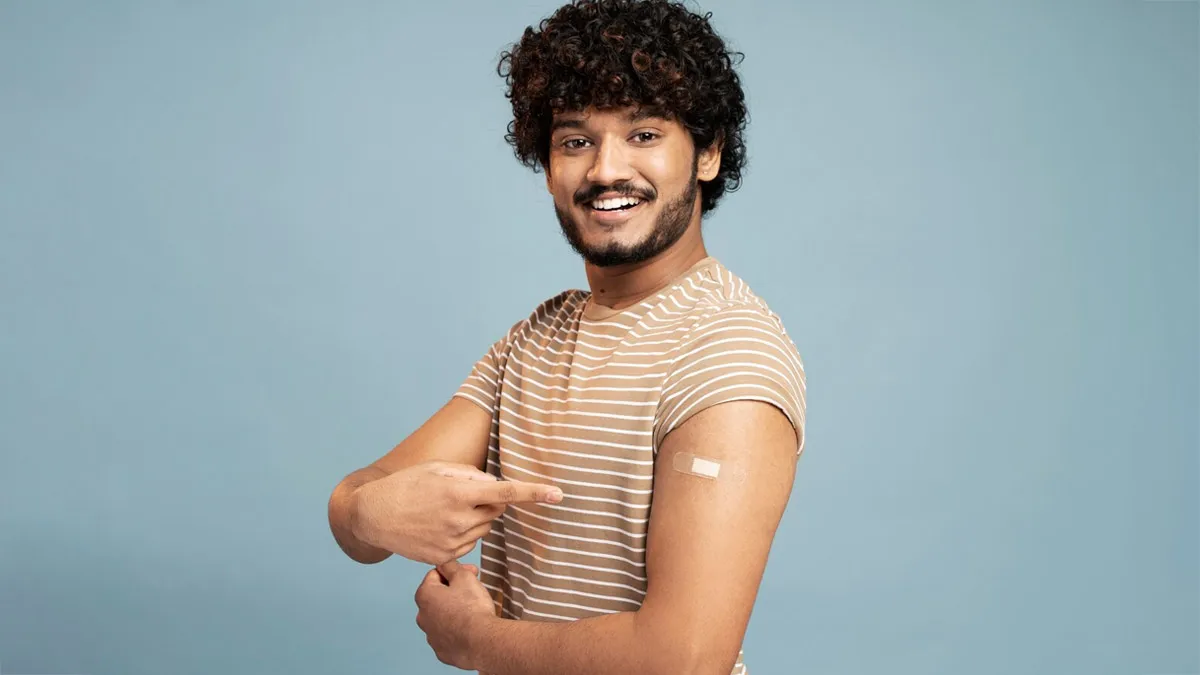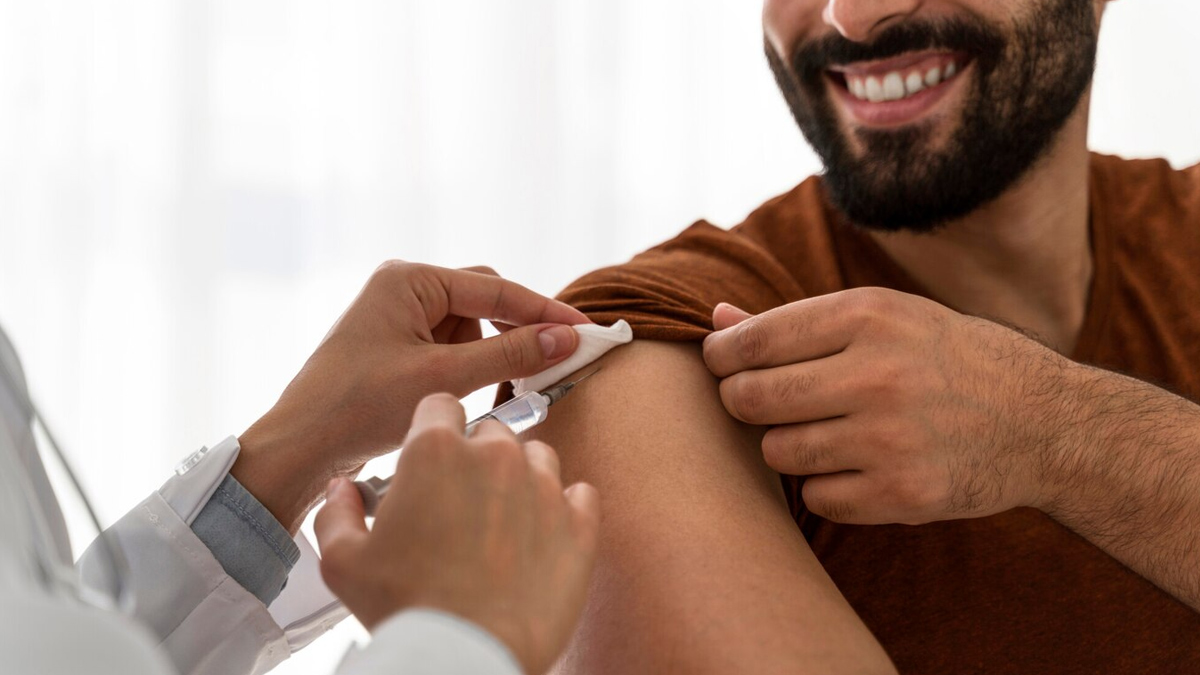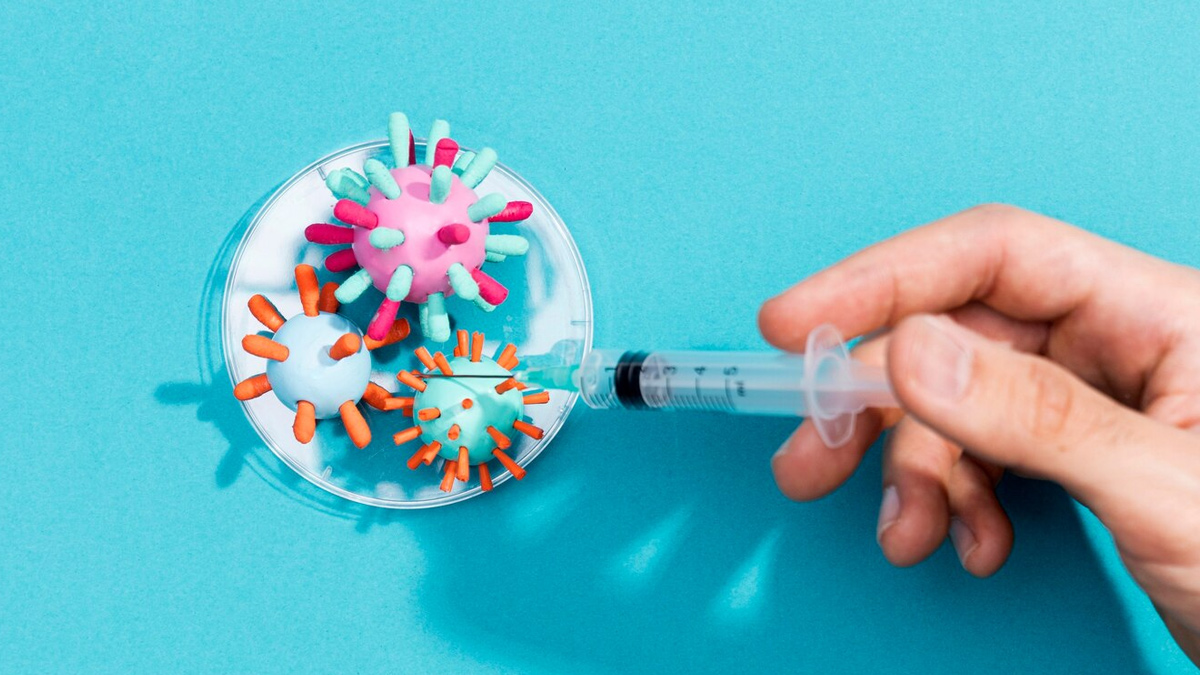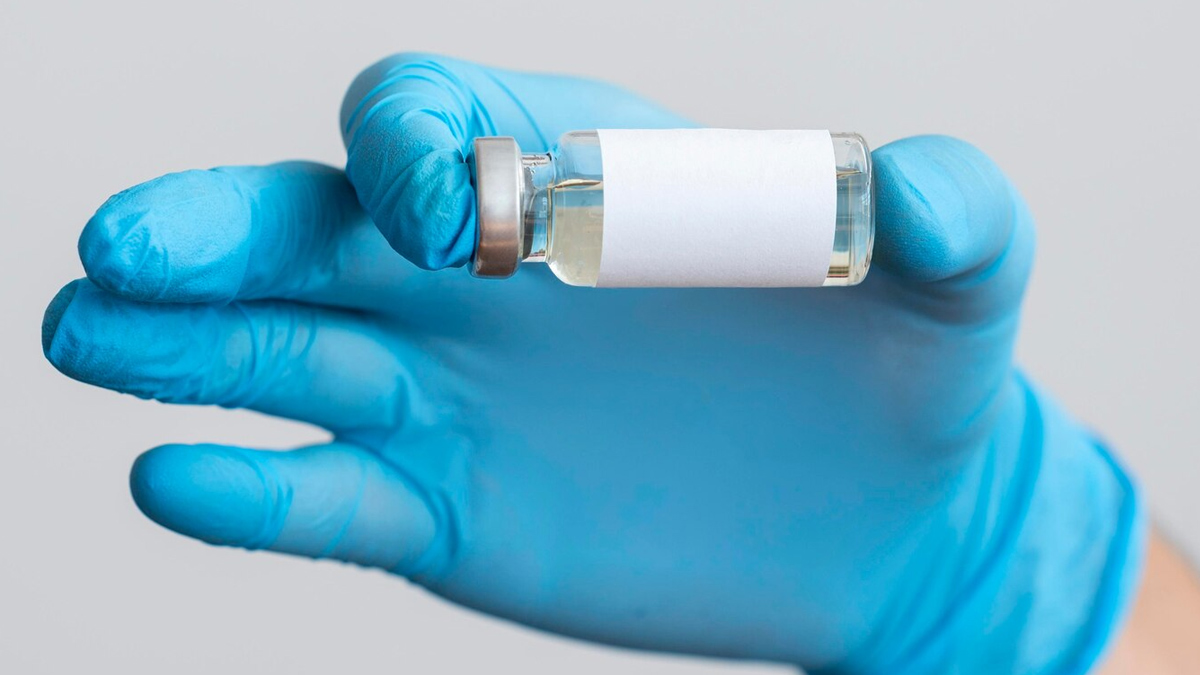
Anyone can develop cancer, and so, it is crucial to take all measures that can help reduce the risk. But what if we told you certain cancers are preventable, given that you get vaccinated on time? This is particularly true for the HPV, or Human Papillomavirus, vaccine. While the HPV vaccine is often associated with preventing cervical cancer in women, it’s just as important for men. Speaking with the OnlyMyHealth team, Dr Rubina Shanawaz Z, Senior Consultant, Uro-Gynaecology, Gynae-Oncology, Robotic Surgery, Fortis Hospital, Cunningham Road, discusses why the HPV vaccine matters for men, how it works, and how getting vaccinated can play a key role in reducing their cancer risk.
Table of Content:-
Also Read: Does HPV Go Away? Gynaecologist Answers Most Common Questions About The Virus
What Is Human Papillomavirus (HPV)?

Human papillomavirus (HPV) is the name of a group of 200 known viruses. Some HPV infections cause genital warts, while others can cause abnormal cells to develop, which over time become cancer.
According to the World Health Organization (WHO), in 2019 alone, HPV caused an estimated 6.2 lakh cancer cases in women and 70,000 cancer cases in men. The global health body highlights that in 90% of people, the body controls HPV infections on its own.
However, sometimes, HPV infections last longer, leading to the development of abnormal cells which go on to become cancer. HPV infections can cause cancers of the:
- Cervix, vagina, and vulva
- Penis
- Anus
- Back of the throat (called oropharyngeal cancer), including the base of the tongue and tonsils
Importance Of HPV Vaccine For Men

HPV vaccination is the best way to prevent HPV infection, cervical cancer and other HPV-related cancers.
Dr Shanawaz says, "The HPV vaccine is crucial for men in India, as it prevents various cancers and diseases caused by the human papillomavirus. HPV can cause penile, anal, and oropharyngeal cancers, as well as genital warts. By vaccinating men, we not only protect them but also reduce the transmission of HPV to their partners, ultimately benefiting public health."
According to the doctor, different types of cancers can affect men, which can be caused by high-risk HPV types, such as HPV-16 and HPV-18. "In India, where cervical cancer is a significant concern, vaccinating men can also help reduce the transmission of HPV to their female partners, thereby reducing the risk of cervical cancer."
Also Read: Pap Smear Results Indicate Inflammation: What It Means?
When Should Men Get Vaccinated For HPV?

As per the WHO, the HPV vaccine is primarily recommended for girls aged 9–14, ideally before they become sexually active. However, vaccinating boys and older females is also advised when resources allow, as it can offer broader protection and help reduce the overall spread of the virus.
“In India, the ideal age for men to get vaccinated is between 9 and 14 years, with a two-dose schedule,” shares Dr Shanawaz, adding that the vaccine is most effective when administered before exposure to the virus, which often occurs through sexual contact.
However, men up to the age of 45 can also get vaccinated, albeit with a three-dose schedule.
Conclusion
While the HPV vaccine is often associated with preventing cervical cancer in women, it’s equally important for men. HPV can cause cancers of the penis, anus, and throat, as well as genital warts. Getting vaccinated, ideally before becoming sexually active, offers the best protection, but it's still beneficial at later ages. By including boys and men in vaccination efforts, we can significantly reduce the risk of HPV-related cancers and help protect everyone’s health.
How we keep this article up to date:
We work with experts and keep a close eye on the latest in health and wellness. Whenever there is a new research or helpful information, we update our articles with accurate and useful advice.
Current Version